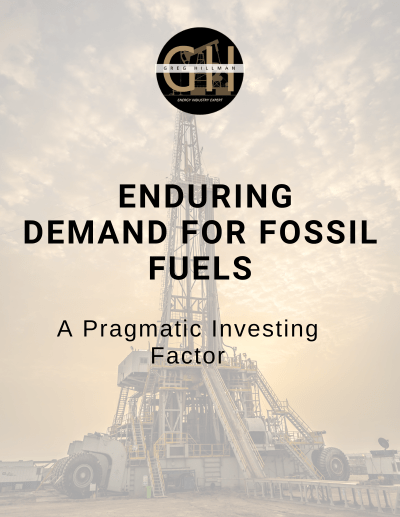In a landscape defined by divergent perspectives on the future of energy, the debate surrounding fossil fuels and renewable energy intensifies. Amidst booming profits and calls for increased investment in oil and gas, voices like Saudi Aramco CEO Amin Nasser advocate for a pragmatic approach, emphasizing the enduring demand for fossil fuels and the necessity of realistic investment strategies.
Nasser’s assertions come in the wake of a groundbreaking climate agreement, signaling a global commitment to transitioning away from fossil fuels. However, the ambitious timelines set forth by environmental groups face skepticism, with projections indicating continued growth in oil and natural gas consumption for decades to come.
At the forefront of this debate are oil industry leaders gathered at events like the CERA Week conference, where the necessity of a gradual transition to low-carbon energy sources is underscored. CEOs such as Darren Woods of ExxonMobil caution that achieving net-zero emissions by 2050 will require significant time and investment, highlighting the challenges of shifting societal expectations without adequate support.
Despite growing momentum towards renewable energy, investment in the oil and gas industry continues, reflecting the persistent demand for fossil fuels.
This discrepancy in views underscores the complexity of managing the energy transition, with stakeholders grappling with the urgent need for action amidst competing economic interests.
Moreover, top oil executives like Shell’s Wael Sawan emphasize the importance of a balanced energy portfolio, rejecting the notion of a binary choice between fossil fuels and renewables. Sawan highlights the need for stable oil production to support customers transitioning to lower carbon solutions over decades. He underscores the interconnectedness of energy transition and security, urging pragmatic approaches to address long-term supply needs.
However, challenges persist, with energy transition still marred by politicization and uncertainties. Despite disruptions in global freight movements, Sawan notes the resilience of LNG trade flows, underscoring the importance of supply-demand balance and flexibility in mitigating disruptions.
Importance of Pragmatic Investing for Energy Investors:
For potential energy investors, these events provide crucial insights into the evolving dynamics of the global energy landscape. Understanding the perspectives and strategies of major industry players, such as Saudi Aramco, ExxonMobil, and Shell, is essential for making informed investment decisions. The debate surrounding fossil fuels and renewable energy sources offers valuable context for assessing long-term trends and identifying investment opportunities.
Moreover, the emphasis on pragmatic approaches and the interconnectedness of energy transition and security highlights the need for investments that prioritize resilience and adaptability. As the energy sector undergoes profound transformation, investors must carefully evaluate the risks and opportunities associated with shifting consumer preferences, regulatory changes, and technological advancements.
Portfolio Diversification can help you capitalize your risk mitigation
Additionally, the challenges and uncertainties highlighted by industry leaders underscore the importance of diversified portfolios and proactive risk management strategies. By staying informed about emerging trends and developments in the energy sector, potential investors can position themselves to capitalize on opportunities while mitigating potential risks, ultimately contributing to a more sustainable and resilient energy future.
“Fossil fuels are deeply ingrained in the global energy framework. From daily household needs to industrial applications, their prevalence is proof of their importance. This isn’t just a trend; it’s a long-standing relationship between society and a proven, efficient energy source. This stable demand equates to opportunity for investors looking for long-term gains.
Fossil fuel reserves are finite and are projected to dominate energy use through 2050. With a predicted surge in global energy demand by one-third by 2035, the increasing scarcity of these resources is likely to inflate their value, making it an opportune moment for investment.“


